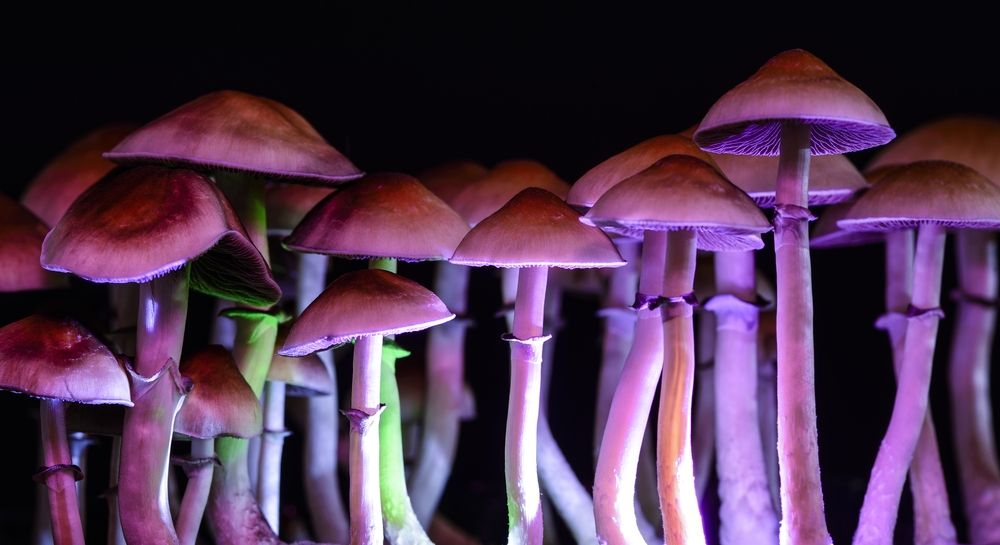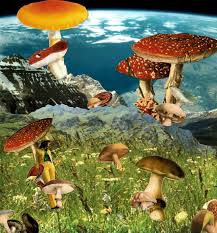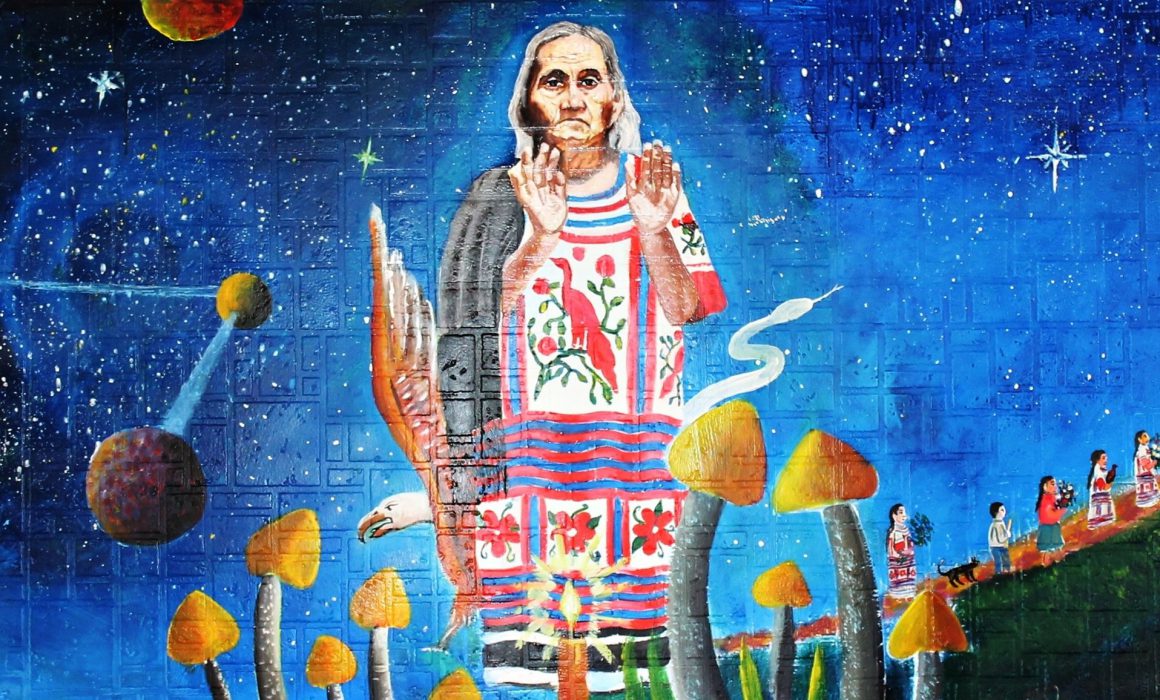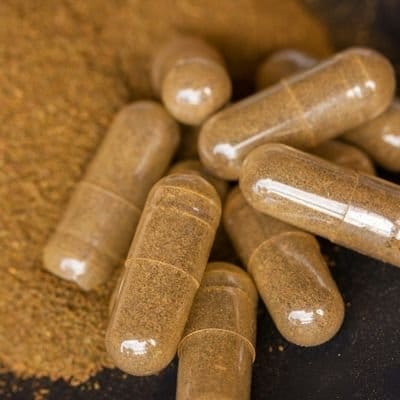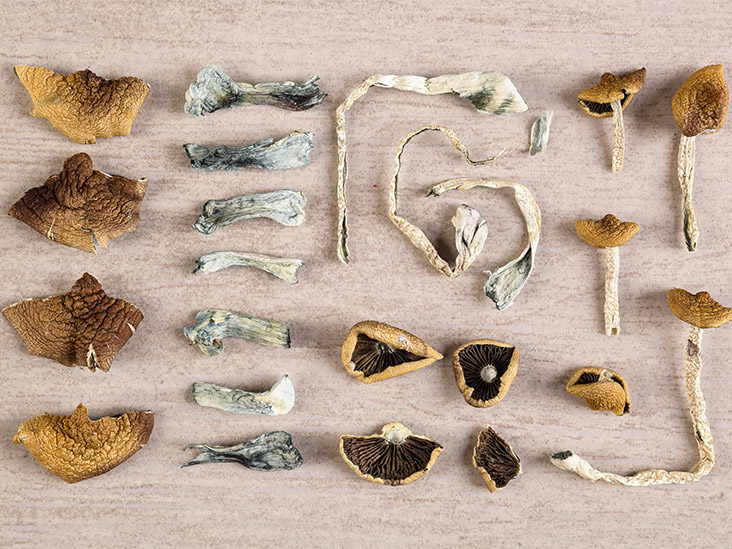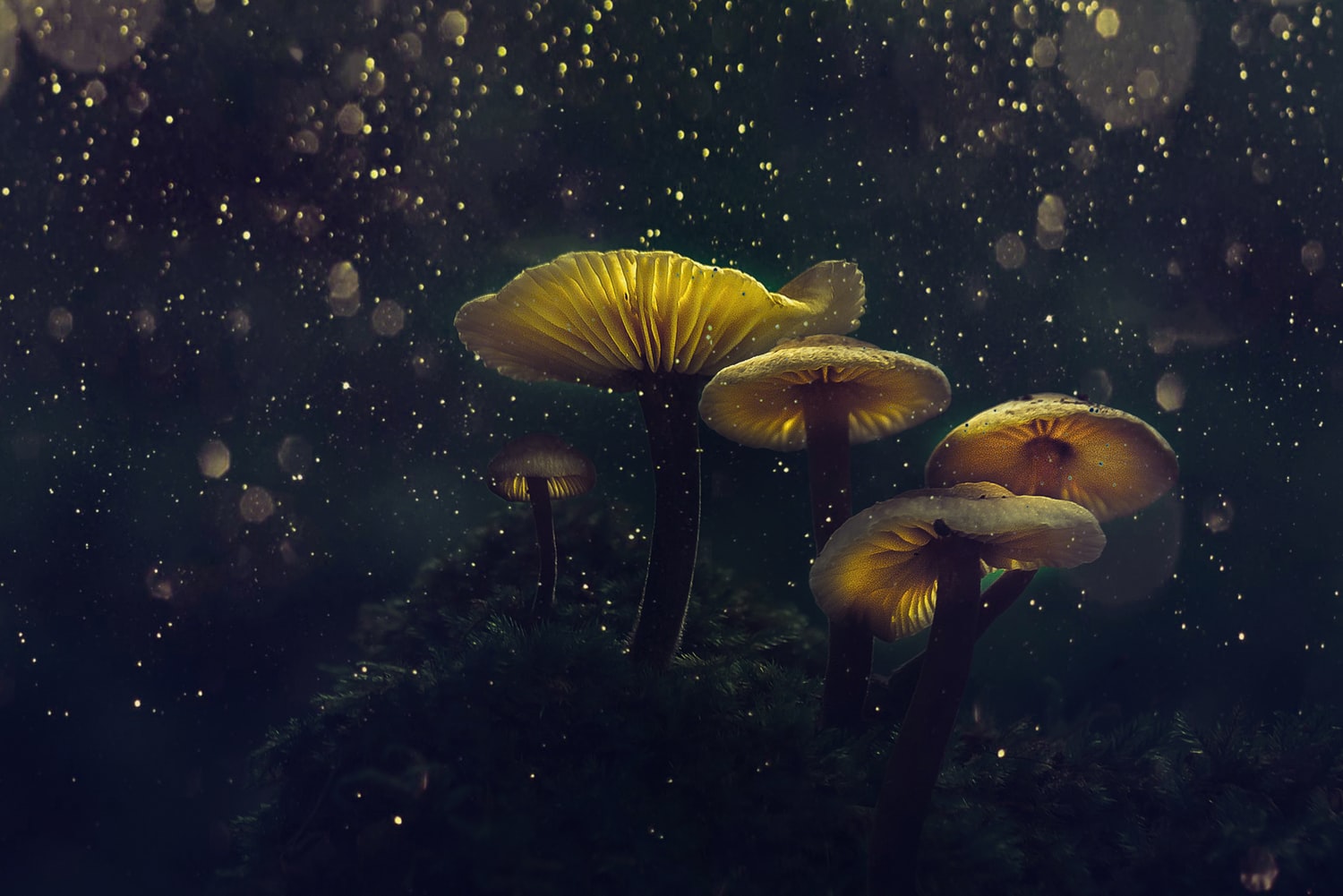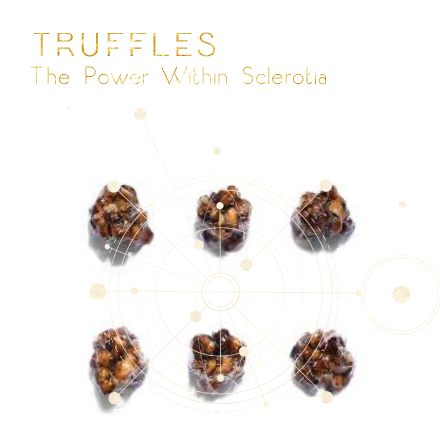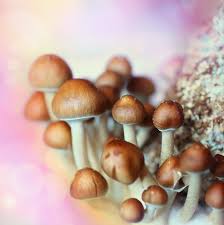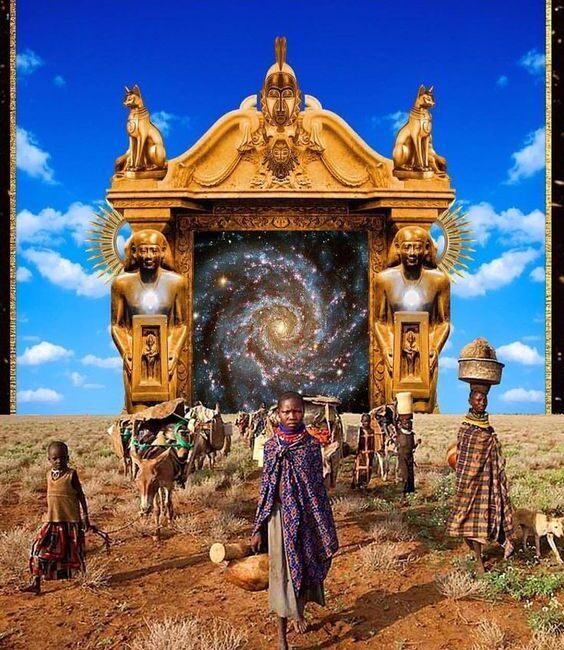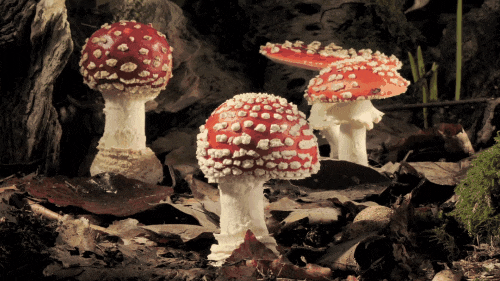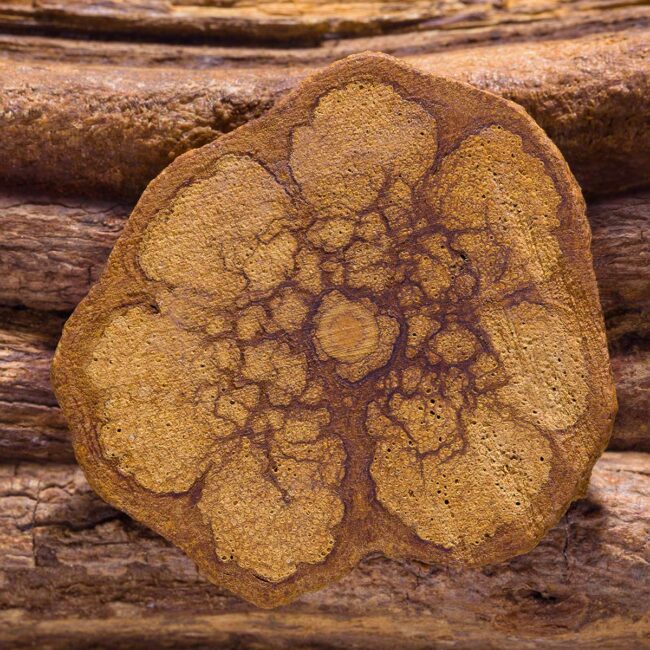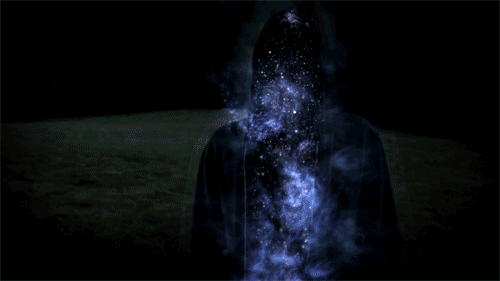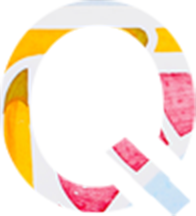Psilocybin
THE MAGIC WITHIN YOU
Psychedelics are becoming the next breakthrough treatment and programs to heal and thrive in our physical, mental, emotional and spiritual capacities. From treating depression to helping manage alcohol addiction, researchers say legal medical “magic mushrooms” have many potential benefits. The Aztecs of Mexico referred to the mushroom as teonanácatl, or “God’s flesh”, in homage to its believed sacred power.
“Magic mushrooms” are mushrooms that contain hallucinogens – usually psilocybin and psilocin. Taking magic mushrooms may cause you to see, hear or feel things that are not there, or to experience anxiety, fear, nausea and muscle twitches accompanied by increased heart rate and blood pressure.
Although certain cultures have been known to use the hallucinogenic properties of some mushrooms for centuries, psilocybin was first isolated in 1958 by Dr. Albert Hofmann, who also discovered lysergic acid diethylamide (LSD).
Magic mushrooms are often prepared by drying and are eaten by being mixed into food or drinks. Although, some people eat freshly picked psilocybe mushrooms.
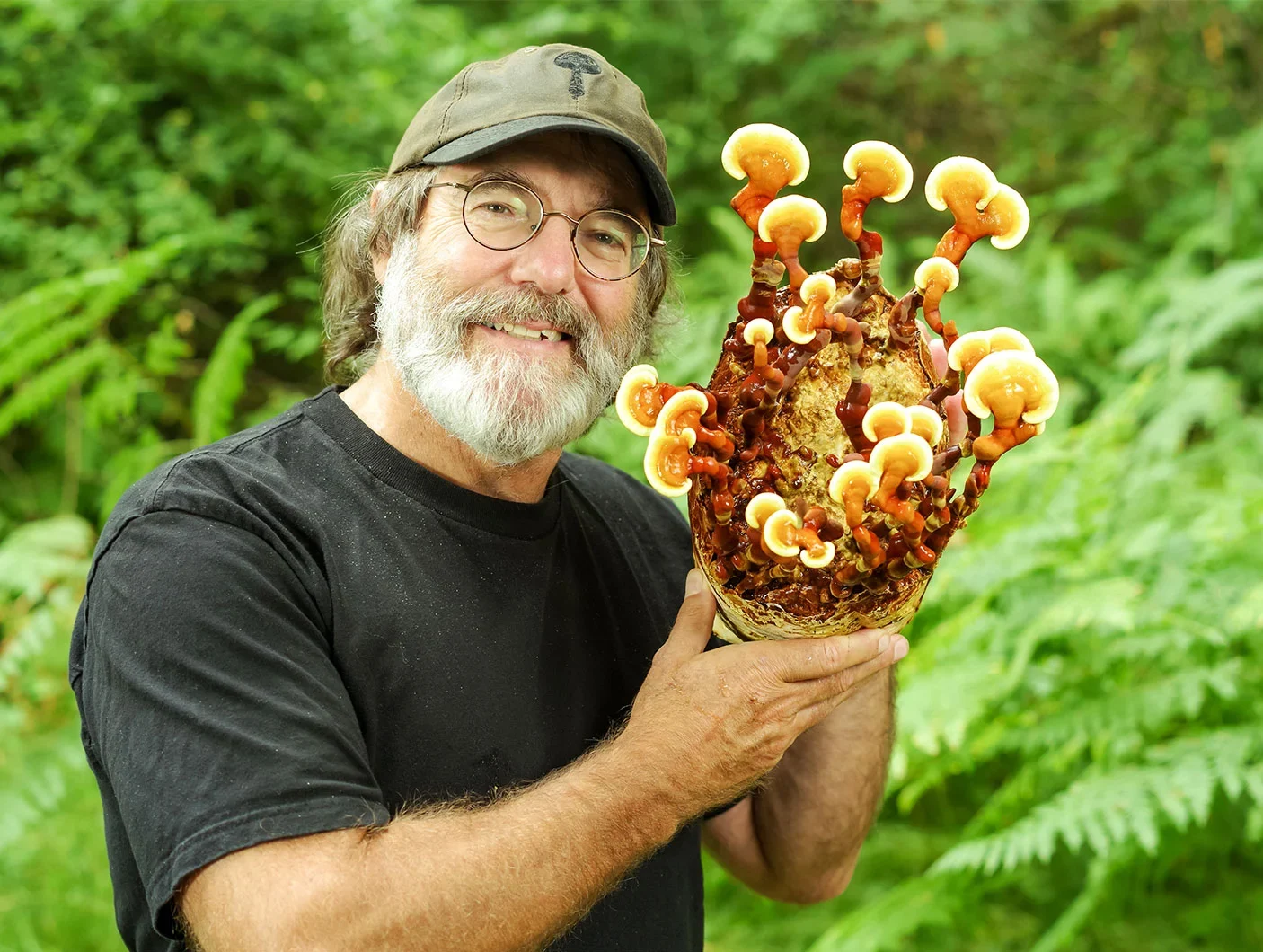
Body
Psilocybin works by activating serotonin receptors, most often in the prefrontal cortex. This part of the brain affects mood, cognition, and perception. Hallucinogens also work in other regions of the brain that regulate arousal and panic responses.
The hallucinogenic effects of psilocybin usually occur within 30 minutes after a person ingests it and last 4–6 hours. In some individuals, changes in sensory perception and thought patterns can last for several days.
The effects of psilocybin vary between people, based on the user’s mental state, personality, and immediate environment.
If the user has a mental health condition or feels anxious about using the hallucinogen, they face a higher risk of having a bad experience.
Psychological distress is the adverse event most often reported after recreational use of psilocybin. This distress can take the form of extreme anxiety or short-term psychosis.
Mind
Researchers at Johns Hopkins found that psilocybin was an effective treatment for depression and nicotine and alcohol addictions, as well as other substance use disorders.5 Studies have also shown that magic mushrooms were effective for relieving the emotional distress of people with life-threatening cancer diagnoses.6
The Center for Psychedelic and Consciousness Research at Johns Hopkins is also researching how psychedelics affect a variety of conditions such as:
Alzheimer’s disease
Anorexia nervosa
Opioid addiction
Post-traumatic stress disorder (PTSD)
Post-treatment Lyme disease syndrome
Psilocybin has also shown positive results in smoking cessation and anorexia nervosa treatment studies. In October 2021, the National Institute of Health awarded Johns Hopkins a grant to explore the potential value of psilocybin as a smoking cessation tool — the first federal grant given in 50 years for the study of a psychedelic treatment in the U.S.
In May 2022, UK-based mental health care firm COMPASS Pathways completed an exploratory study of psilocybin therapy for patients with anorexia nervosa, with encouraging preliminary results that warrant further investigation in larger-scale clinical studies.
Soul
When taken under supported conditions, psilocybin can cause self-described “spiritual” experiences that generally result in positive changes in the person’s attitude, mood and behavior. In particular, psilocybin appears to elevate a personality quality known as “openness,” which encompasses sensitivity, imagination, and an appreciation for the values and viewpoints of others.
The improved openness found in people who take psilocybin may be connected to the chemical’s ability to increase neuroplasticity, which is the brain’s ability to create new connections. To date, several studies have supported the idea that psilocybin and other psychedelics can induce or increase neuroplasticity.


